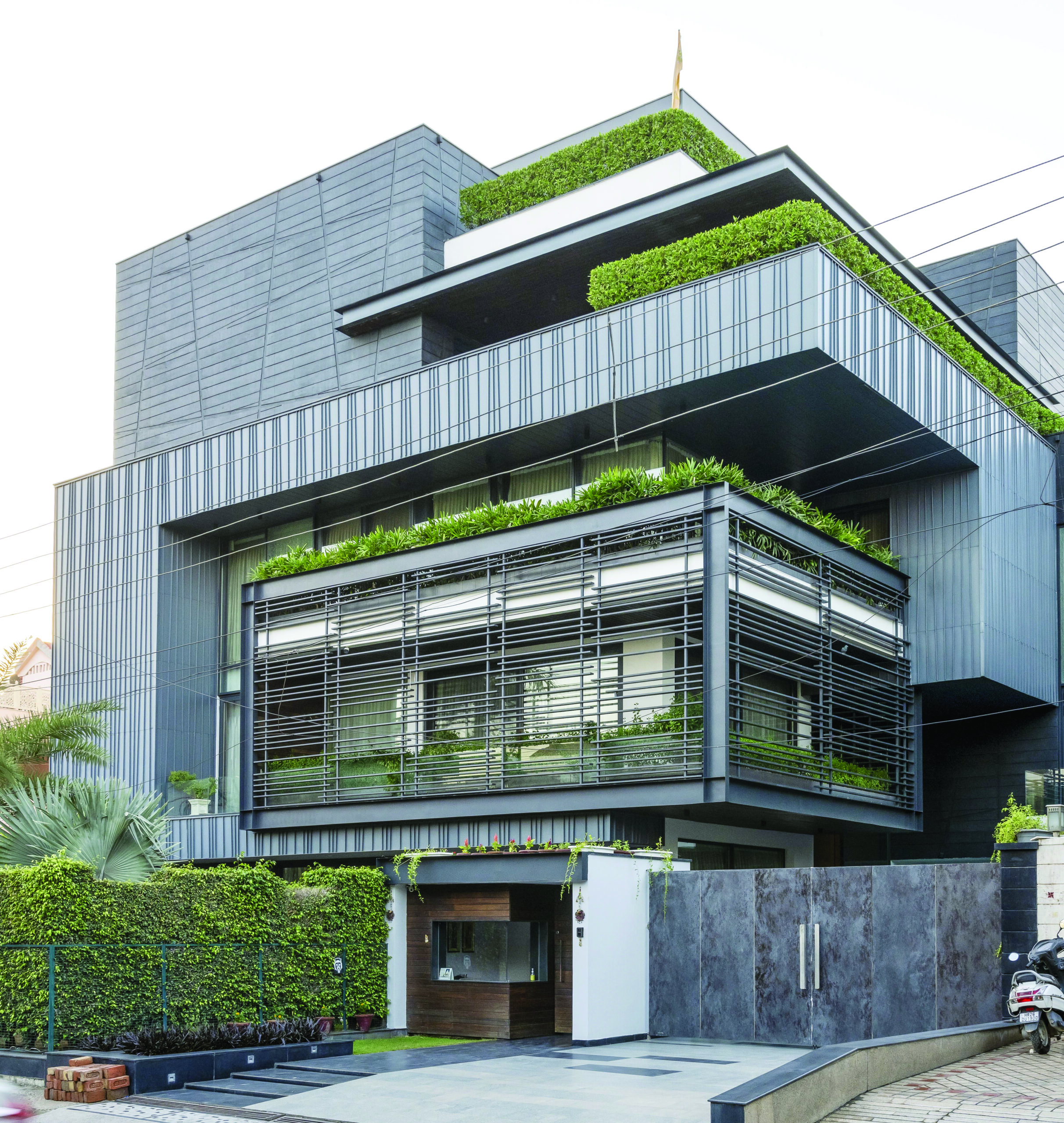
Cityspace’ 82 Architects
The future of cities hinges on finding a balance between accommodating a growing population and minimising environmental impact. Traditional construction methods, plagued by inefficiency and waste, struggle to meet this challenge. However, a promising solution is gaining traction: modular homes. Prefabricated in factories and assembled on-site, these homes offer a sustainable and adaptable approach to urban planning, paving the way for vibrant and eco-conscious communities. In this article, Ar. Sumit Dhawan, Founder and Principal Architect of Cityspace’ 82 Architects, talks about the key benefits of modular construction and their potential to revolutionise sustainable urban development.
Faster, Cleaner Construction for a Sustainable Future
Modular construction boasts significant advantages when it comes to environmental impact. These prefabricated units are then transported to the construction site and meticulously assembled, significantly reducing construction time. This factory environment offers several sustainability benefits. Firstly, it allows for stricter waste management and recycling of materials. Unlike traditional on-site construction with unpredictable weather conditions, factory production minimises waste and ensures optimal material usage. Secondly, modular construction often utilises prefabricated components made from sustainable materials like recycled steel or engineered wood. This reduces reliance on virgin resources and lowers the environmental footprint of the building process. Pre-fabrication also allows for the integration of features like high-performance insulation, smart ventilation systems, and solar panels, leading to lower energy consumption throughout the life cycle of the building.
Adaptable Spaces for Evolving Needs
A significant advantage of modular homes lies in their inherent flexibility. The modular design allows for a high degree of customisation. Homes can be built with a variety of configurations, from single-family units to multi-storey apartment buildings. Further, the modular nature enables future expansion or reconfiguration. As families grow or urban needs change, additional modules can be seamlessly added or removed, creating a dynamic living space. This adaptability is crucial in encouraging sustainable communities. It allows urban areas to cater to a wider demographic and evolve alongside the changing needs of its residents, maximising the lifespan of buildings and reducing the need for demolition and reconstruction.
Energy Efficiency: Building Blocks for a Greener City
Modular construction lends itself well to energy-efficient building practices. The controlled factory environment allows for precise integration of insulation materials and high-performance windows, leading to superior thermal performance. Also, prefabricated modules can be pre-wired for smart home technologies, further optimising energy usage within the dwelling. Sustainable urban planning goes beyond individual buildings. Modular construction can also contribute to the creation of walkable, mixed-use communities. By incorporating green spaces, public transportation options, and local amenities within modular housing developments, residents are encouraged to reduce their reliance on cars, further contributing to a city’s environmental well-being.
Building a Brighter Future
The benefits of modular homes extend beyond environmental sustainability. These units can be designed to promote a strong sense of community. By incorporating shared green spaces, courtyards, or community centers within modular developments, residents are provided with opportunities for interaction and social connection. Furthermore, modular construction offers a faster and more cost-effective solution for building essential community facilities like schools, libraries, or community centers. This fosters a sense of shared space and belonging, creating a more vibrant and inclusive urban environment.
As cities grapple with the challenges of urbanisation and sustainability, modular homes offer a viable solution. By embracing this innovative approach to construction, we can create vibrant, sustainable communities that cater to the needs of a growing urban population while safeguarding our environment for future generations.
The author is the Founder & Principal Architect at Cityspace’82 Architect.